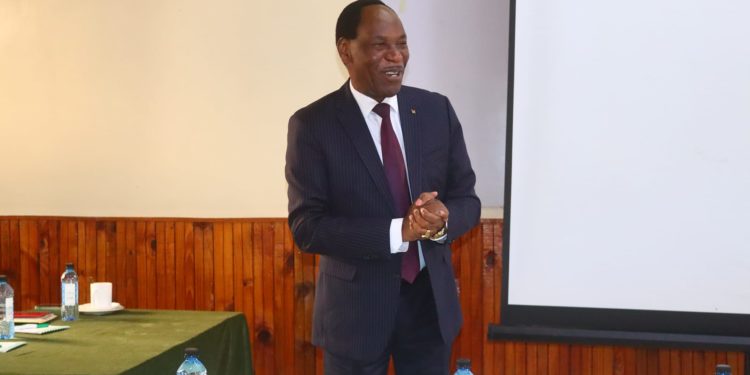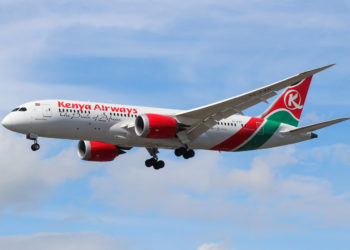The Music Copyright Society of Kenya (MCSK) has issued a statement to clear up the confusion over how it distributes royalties to its 16,000 members.
The statement, released by MCSK CEO Ezekiel Mutua on his Facebook page, explained that the society uses both scientific and general methods to allocate the KES 20 million it collects from music users every quarter.
“Scientific distribution refers to the actual airplay of members’ works within the period under review. However, there are members whose songs get minimal or no airplay at all, but because they are our members the Board allocates some general amounts in line with MCSK distribution rules,” Mutua said.
He added that the amount of royalties each member receives depends on the popularity and relevance of their songs, and that music is seasonal and royalties accrue from works that are active.
“If you did your song in the 70s and it’s not played on radio or in public places, you settle for the general token,” he said.
“Last year we had someone getting KES 330,000 under scientific, while the least under general was KES 650,” he added.
Mutua also assured the members that MCSK is back in business after facing several challenges in the past years, such as legal disputes, regulatory hurdles and piracy.
He said that the society has established rapport with the government, including the ministries dealing with culture and creative economy, the Kenya Copyright Board and the interior ministry for enforcement.
“For the first time since 2015 we are resuming our quarterly distribution calendar. We are distributing in January and again in April,” he said.
He also announced that the society has aligned the entire music ecosystem and secured new music tariffs that have been gazetted by the government.
He said that the society has built synergies with the government and other stakeholders to address the plight of its members and to restructure the society to serve them better.
“The future is bright and our members should support the Board in its renewed efforts to restructure the Society to serve members better. With the government support, collaboration with relevant committees of parliament and increased compliance by music users including broadcasters, we believe that we are on the way to achieving optimal operational standards,” he said.
He appealed to the members to support these efforts and rally together to build a more vibrant music industry.


















